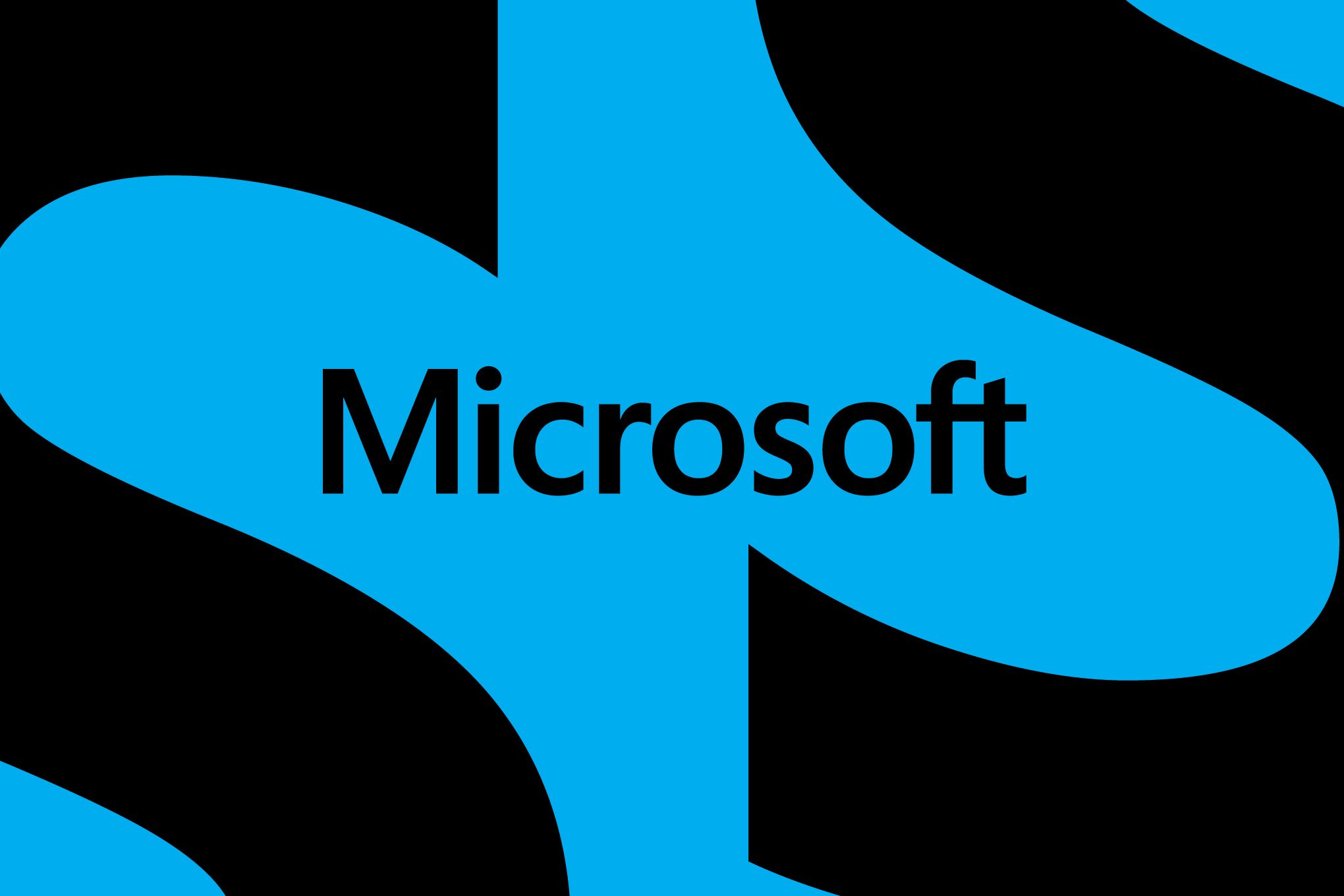Microsoft just dropped MAI-Image-1, its first fully in-house text-to-image generator, marking a major step away from its OpenAI dependency. The model has already cracked the top 10 on LMArena benchmarks, putting it in direct competition with established players like DALL-E and Midjourney.
Microsoft just made its most aggressive move yet to break free from OpenAI with the launch of MAI-Image-1, the tech giant's first completely in-house text-to-image generator. The timing couldn't be more strategic - as Microsoft's relationship with its AI partner grows increasingly complicated, the company is doubling down on homegrown alternatives.
The model has already secured a spot in the top 10 of LMArena, the benchmark where humans compare AI outputs and vote on winners. That's no small feat in a field dominated by established players like OpenAI's DALL-E and Midjourney. According to Microsoft's announcement, the company worked directly with creative professionals to avoid the "repetitive or generically-stylized outputs" that plague many AI image generators.
"The next step on our journey," is how Microsoft describes MAI-Image-1, and that journey is clearly headed toward AI independence. The model excels at photorealistic imagery - lightning, landscapes, and complex scenes that have historically been challenging for AI systems. But more importantly, it processes requests faster than "larger, slower models," giving Microsoft a speed advantage in enterprise applications.
This launch represents a fundamental shift in Microsoft's AI strategy. The company was OpenAI's earliest and biggest backer, pouring billions into the partnership that brought us ChatGPT integration across Office 365. But that relationship has grown messy, with regulatory scrutiny and competing business interests creating tension between the former allies.
MAI-Image-1 joins Microsoft's growing family of in-house AI tools, including the MAI-Voice-1 speech generator and MAI-1-preview chatbot. This isn't just about image generation - it's about building a complete AI stack that doesn't depend on external partners. The company is reportedly already planning to integrate Anthropic's Claude models into some Microsoft 365 features, diversifying away from even further.












